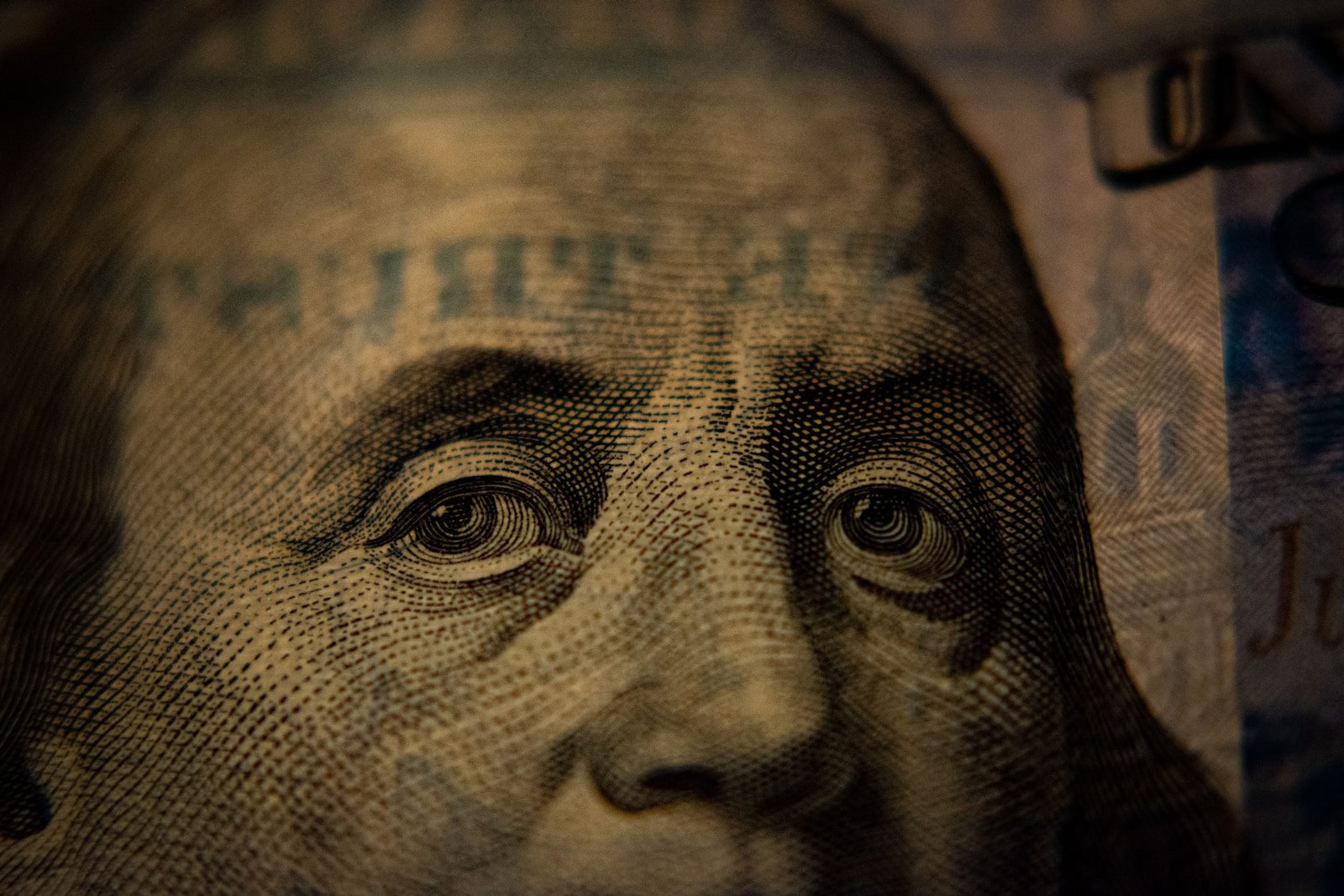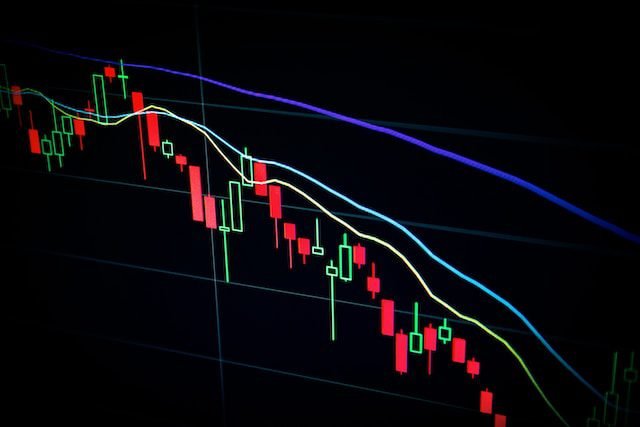WASHINGTON: Neel Kashkari, president of the Minneapolis Fed, said in remarks to the CBS broadcast Face the Nation on Sunday that recent stress in the banking industry and the potential for a secondary credit crunch move the US closer to recession.
It undoubtedly makes us closer, according to Kashkari. “We don’t know how much of these banking pressures are causing a general credit constraint. The economy would then weaken as a result of the credit crunch. We are keeping an extremely close eye on this.”
It is still too early to determine the amount of the “imprint” that bank stress would have on the economy, according to Kashkari, one of the most hawkish Fed policymakers, and as a result, it is also too early to say how it might affect the Federal Open Market Committee’s next interest rate decision.
The Federal Reserve increased interest rates by a quarter point this week, but left the door open to delaying further increases until it was evident how bank lending practises could alter in the wake of the recent failures of the Silicon Valley Bank and New York-based Signature Bank.
“The strains are currently only a few weeks old, according to Kashkari. There are some alarming indications. The fact that deposit outflows appear to have slowed down is encouraging. Smaller and regional banks are starting to feel more confident.”
“In addition, we’ve observed that the capital markets have been essentially shut down for the previous two weeks, he stated. If those capital markets are still shut down as a result of lenders’ and borrowers’ continued anxiety, then would indicate to me that the economy will likely be more severely affected. So, it is too early to predict anything about the following FOMC meeting.”
In case deposit withdrawals grow, the Fed has launched an emergency loan programme to protect other local lenders from problems. Although Fed head Jerome Powell stated last week that he believed the situation had “steadied,” recent data showed money shifting from smaller to larger banks in the days following SVB’s collapse on March 10.
The SVB failure has sparked calls for tighter regulation of mid-sized banks, prompted the Fed to conduct its own internal review of bank supervision, and prompted calls for an expansion of the federal government’s deposit insurance programme. Congress will hold its first hearings on the subject this week.





